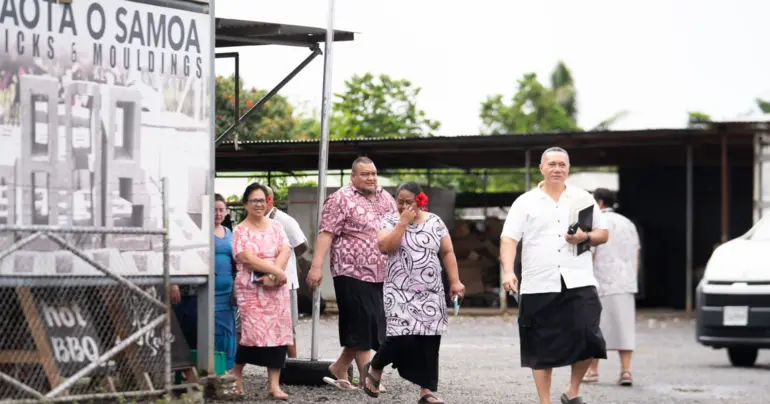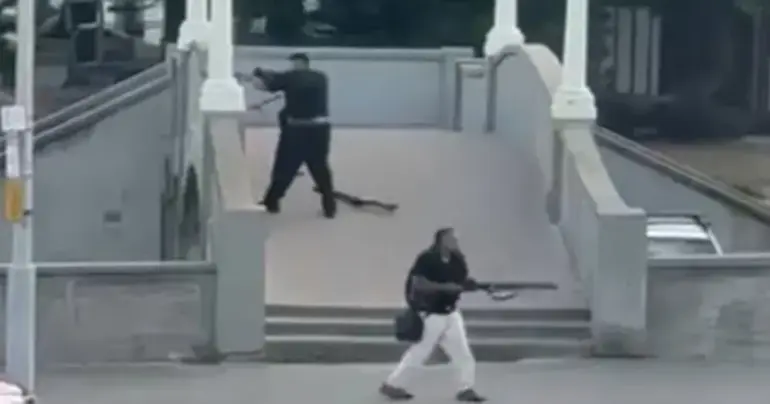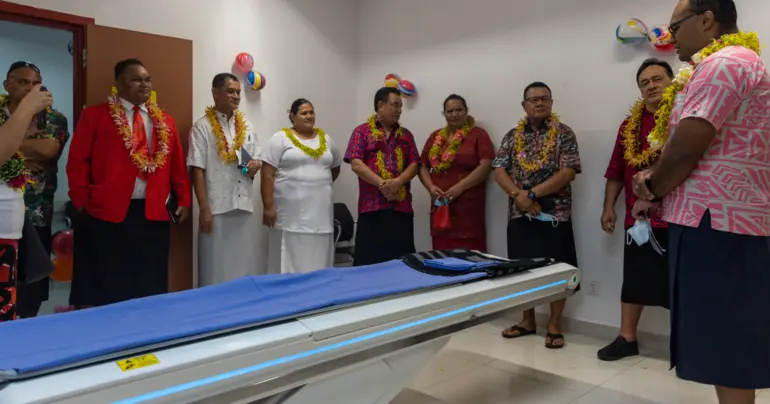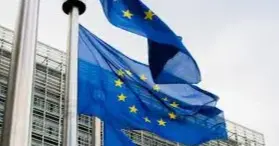The economic cost of violence: a reality check
At some point questions needed to be asked on the broader impact of family violence on Samoa and the country’s economy.
We say this being cognisant of the findings of a National Public Inquiry into Family Violence by the Ombudsman Office, which was published in June 2018 and shocked the community following widespread media coverage.
Over four years after the releasing of the national public inquiry’s findings – which found “physical, harsh verbal discipline/violence and sexual violence towards children had reached epidemic levels” and “6 out of 10 women experienced intimate partner violence in their lifetimes” – the community continues to be taken aback by the spiralling incidences of violence, either reported through a non-government organisation or the Courts where women and children are still falling victims.
An article (Family violence costs Samoa $100 million yearly) in the Tuesday 29 November 2022 edition of the Samoa Observer, which reported on a march led by various Government Ministries and agencies on Monday that was part of the global 16 Days of Activism movement to campaign against violence, made reference to a speech by the Minister of Women Community and Social Development that quoted statistics on the number of women experiencing physical violence as well as the economic cost of violence.
Leota Laki Sio made reference to a Samoa Family Safety Study conducted in 2010, which showed that 46 per cent of women had experienced domestic violence in their lifetime.
"The same study was redone in 2017 and it showed that this figure has escalated to 60 per cent, an increase of 14 per cent," he said.
“Consultations conducted with stakeholders reported that 87 per cent of women experienced threats of violence with 86 per cent subjected to physical violence specifically and about 10 per cent raped by a family member.
"The economic costs of family violence are estimated to be between $98 million and $132 million, which is approximately six to seven per cent of our GDP.
“The data also shows that the majority of the violence cases or incidents occur in the home."
We know there will be people who will question the statistics quoted by the Minister and criticise the data from the study that Leota used in his speech, arguing that there is no direct link between the perpetrated violence targeting women and the state of the Samoan economy.
If you are a cynic then you need to think again as you will be surprised at the growing role that women play in the economic development of this country. In 2019 the United Nations estimated that 24 per cent of women in Samoa are involved in entrepreneurial activities (though Samoan women entrepreneurs still faced a lot of hurdles to start and operate their businesses). A joint 2021 report by the United Nations, FAO, Ministry of Agriculture and Fisheries and IFAD stated that in terms of the value chain, most market vendors and food processors in Samoa are women and play a critical role in shaping what the family eats (but only 11 per cent of females to 89 per cent of males are in the production side of agriculture). And there are more women in senior executive positions within Samoa’s public service, especially the second tier of the Samoa Government management positions.
Over four years ago the owners of shares in the Samoa Government investment vehicle Unit Trust of Samoa (UTOS) were reeling from the tragic death of long-time CEO Sa'u Justina Sa'u, following her murder by her husband who is now in jail following his life imprisonment sentence by the Supreme Court.
How much confidence would the UTOS shareholders have had at that time in the UTOS following her death? How much loss in production can you quantify after a husband assaulted his wife resulting in her not being at the market selling produce? How many key performance indicators for an employee will not get signed simply because a female became the victim of violence perpetrated by her boyfriend or husband? And how much resources within Samoa’s public health system should continue to be allocated to victims of violence resulting in our already over-stretched health sector and at the expense of life-threatening diseases?
There’s a cause and an effect: every time you raise your hands to strike someone as a father, a brother, a boyfriend or a husband, the effects reverberate beyond the confines of your fale (house) and into the community and if condoned has a cancerous effect on the character of a nation and the wellbeing of its people.
So what is it going to be after 60 years of independence and being sworn adherents of the fa’aSamoa that professes alofa (love), tautua (service) and fa’aaloalo (respect) among other values?
Obviously, the country needs a change in its current trajectory in terms of the choices we are making, and to build respect for our women and children making them the crown of our jewels and the centre of our universe as our aiga (family). To continue to turn a blind eye to this scourge will be a disincentive to our journey as a people and a nation.











